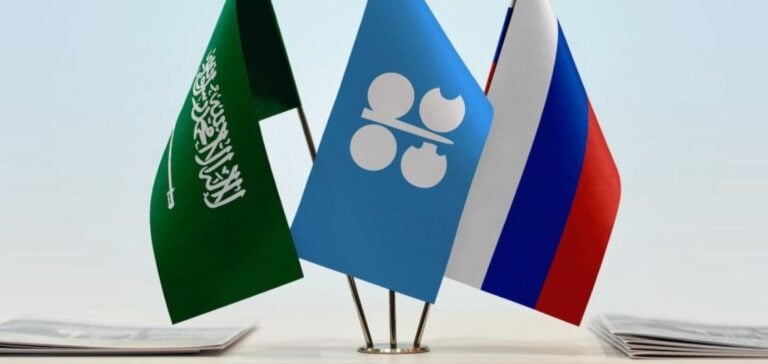Russia, through its Deputy Prime Minister Alexander Novak, is reassuring its OPEC+ partners that there are no tensions, despite the fact that it exceeded its oil production quotas in June.
This statement comes after speculation about possible friction with Saudi Arabia, leader of the Organization of the Petroleum Exporting Countries (OPEC), following the announcement of the overrun.
The Russian production situation
In June, Russian crude oil production exceeded the quotas set by OPEC+, raising questions among market players.
According to data from the International Energy Agency (IEA), Russian production reached 9.22 million barrels per day (bpd), against a limit of 8.98 million bpd.
OPEC estimates production at 9.14 million bpd, down from 9.24 million bpd in May.
Despite this overrun, Alexander Novak assures us that deviations are minimal and that Russia will take steps to comply with quotas.
Production errors will be corrected and OPEC+ obligations will be met.
Maintaining relations with OPEC+.
Novak insists that relations with OPEC+ partners remain constructive.
He held talks with Saudi officials, confirming the continued cooperation between Russia and Saudi Arabia, essential to maintaining favorable oil prices.
This cooperation is crucial, especially for Saudi Arabia, whose economy is heavily dependent on oil revenues.
To compensate for overproduction, Russia has submitted a production reduction plan, in agreement with Kazakhstan and Iraq.
These countries have proposed adjustments up to September 2025, aimed at balancing excess production in the first six months of 2024.
Russia plans to reduce its crude oil exports in July to 1.7 million bpd, from 2.1 million bpd in June, while increasing domestic refining.
Future projections and adjustments
OPEC+ will hold a Joint Ministerial Monitoring Committee (JMMC) meeting on August 1 to assess the market.
Inside sources indicate that the committee is unlikely to recommend any major changes in production policy.
Russia, along with Kazakhstan and Iraq, has presented plans to reduce production to compensate for previous overruns.
These measures are designed to reinforce the stability of the oil market and ensure that all members respect established quotas.
Through these actions, Russia is demonstrating its commitment to working with OPEC+ to maintain a balanced oil market.
Russia’s management of production quotas illustrates the importance of international cooperation within OPEC+ to stabilize the oil market.
The commitments made by Russia and other members to compensate for overruns show a willingness to respect agreements and work together to ensure global economic stability.
These adjustments will continue to have a positive influence on the oil market in the long term, reflecting the complexity of relations and negotiations in this strategic sector.






















